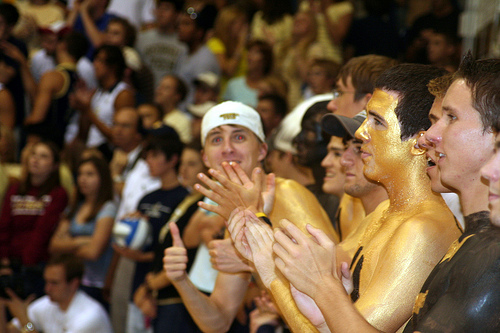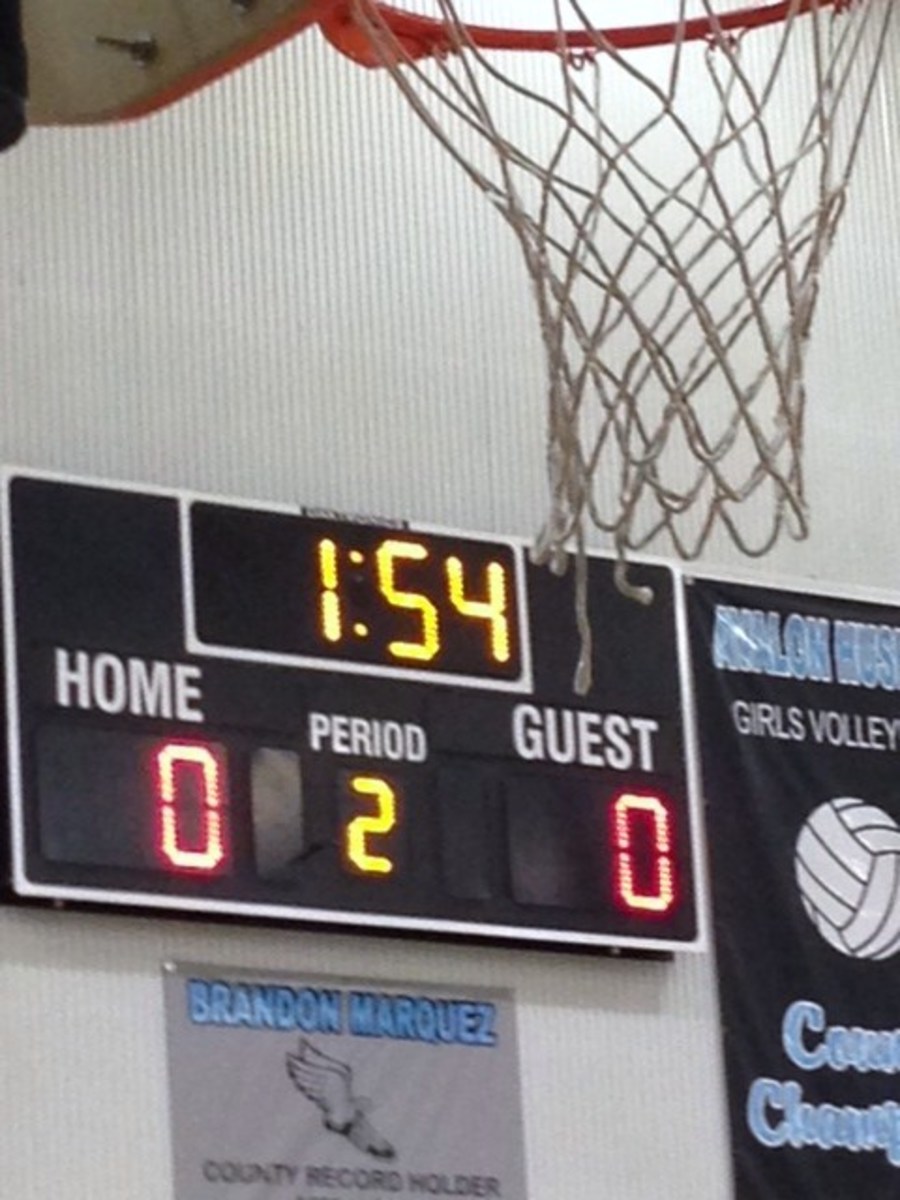Team Loyalty and Fair Weather Fandom: A Sports Fan's Thought Experiment

Team Loyalty? Is it important to you? If so, you probably have a favorite team(s) for whom you've been rooting your entire life. Furthermore, if you're like most sports fans, you're probably very loyal to these teams, whether they have a good season or a bad one, and you probably don't think much of those who desert their favorite teams when the going gets tough. You probably know such people under the more familiar term "fair weather fans."
What exactly is team loyalty, where does it come from, and what differentiates loyal fans from fair weather fans?
Team Loyalty
Many people watch sports, but not everybody watches them for the same reasons. Some only watch them in social settings just to intermingle, perhaps to fit in or have something to talk about with their colleagues in the workplace.
Researchers differentiate these kinds of spectators from actual fans. A fan watches sports out of loyalty for a team or player. Fans are more likely to get emotional during games, and have a greater tendency to act out, for example, by spouting profanity at their television sets when something goes wrong or by cheering wildly when their team scores a point.
In one extreme case, five furious Romanian fan in 2003 threw their TVs out the window and into the streets after their beloved soccer team lost the European Championships.
Above all, what differentiates a fan from a mere spectator is loyalty even when the team plays poorly.
BIRGing and CORFing
When you talk about your favorite team, do you use the term "we" or "they? According to a classic study by Cialdini et al, it depends on the team's performance and whether or not you're truly a fan.
When asked the day after a game how the team did, fans and ordinary spectators alike often responded with statements like "we won" if their team was victorious. However, when the team lost, there were far more people who answered "they lost."
Cialdini et al refer to the behavior of associating oneself with a winning team as "basking in reflected glory" (BIRGing). However, when spectators dissociate themselves with a team following a failure, the phenomenon is called "cutting off reflected failure" (CORFing).
To BIRG is to say "we won," but to CORF is to say "they lost."
Both general spectators and loyal sports fans BIRGed after a victory, but those who identified less with the team, or even the sport, were more likely to CORF after a loss.
Thus whether or not you still find yourself saying "we" even after a crushing defeat is a measure of your true loyalty to a team, according to Cialdini's group.
Busch Stadium, St. Louis, MO

The Ultimate Experiment
And now for the ultimate test of your team loyalty. Imagine your favorite team. Now think about which team you despise the most. Finally, imagine that all players, all trainers, the head coach, the team owners, and even the caretakers of the stadium who sweep up after a game all trade places with your least favorite team. Every person who was once a member of your favorite team is now a member of your least favorite team and every member who was once a member of your least favorite team is now a member of your favorite team. Do you still cheer for your team, or does your loyalty drift with players you once loved and admired?
When asked this question, nearly all sports fans say they would stay true to their old team even at the loss of all of their favorite players and the gain of all of their least favorite players. This begs an important question: to what exactly are true sports fans are loyal?
Years ago, if you'd asked St. Louis Cardinals fans who was the greatest slugger of all time, many would have said Albert Pujols, the team's former hero. However, since he was traded, memorabilia stores in Busch Stadium have all but stopped selling Pujols-related items, and you can still see fans wearing altered Pujols jerseys denouncing their fallen champion by marking over the number 5 with a dollar sign or crossing a giant "X" through the name "Pujols."
Clearly, for a true sports fan, team loyalty spawns from something more than the players, the owners, or the team's performance. For them, a team represents something beyond the physical. What exactly is this mysterious team loyalty X factor?
Basking in Reflected Glory Explained
If your favorite and least favorite teams traded players, coaches, and staff, would you remain loyal to the team and continue cheering for it or would your loyalty follow your favorite players?
© 2013 Scott Tuttle








